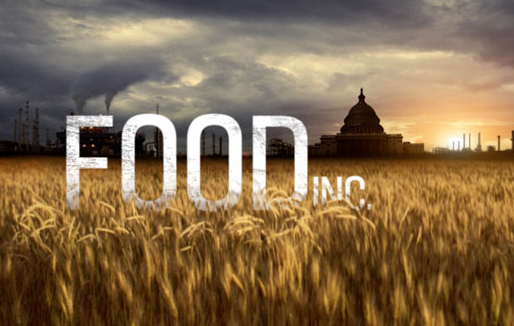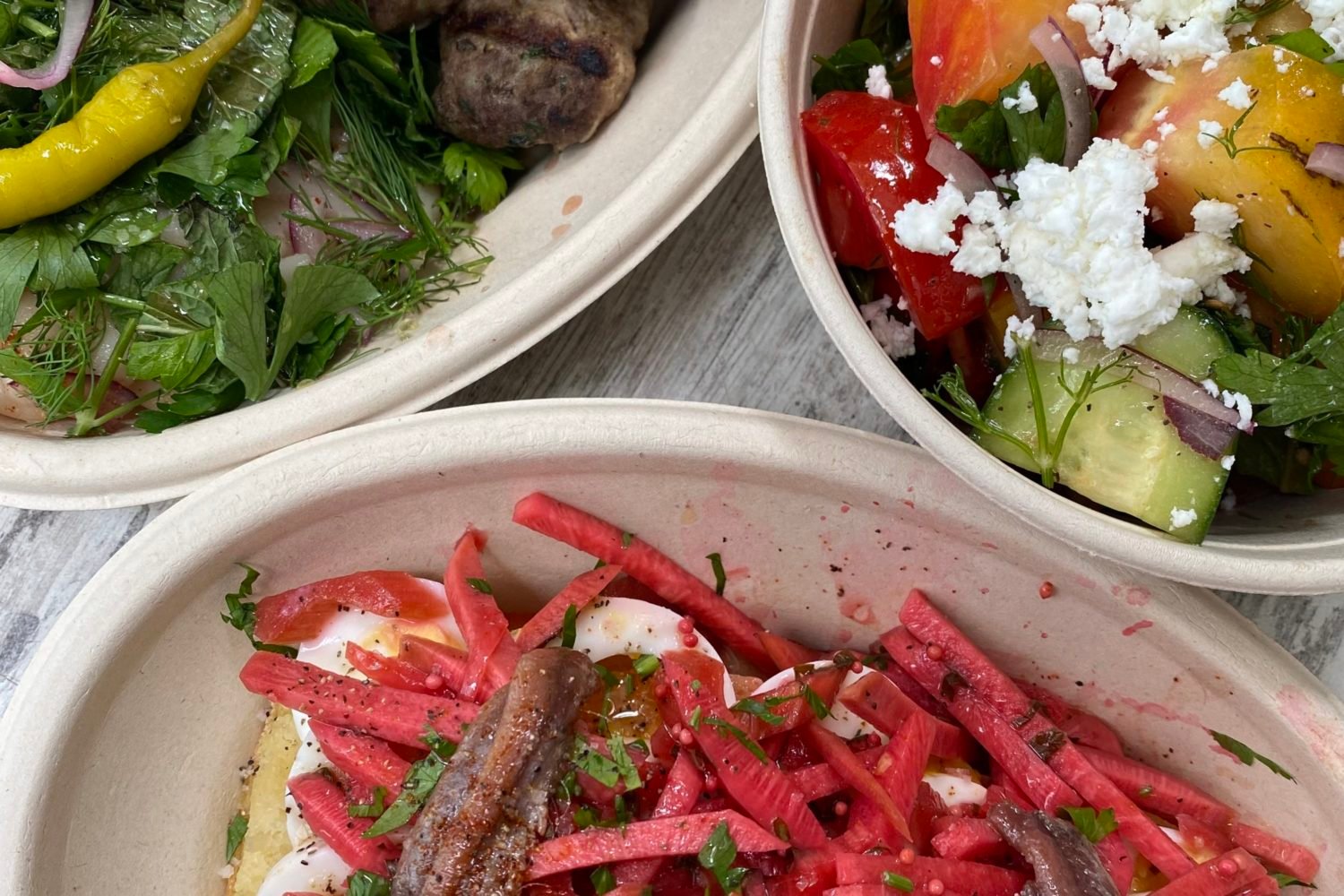Put the hamburger down. That beef patty? It may have been rinsed with ammonia to kill the E. coli. Those tomatoes? They’re not really red, just genetically modified to look that way. And the ketchup? It’s one of countless products, including batteries and diapers, made with processed corn.
Such are the lessons of Food, Inc., a documentary that arrives in theaters tomorrow. The film, directed by Robert Kenner, breaks down any illusions of red barns and white picket fences and introduces viewers to the multinational corporations that largely control what America eats.
There are scenes depicting chicken houses where chickens have never seen sunlight and feedlots where tightly packed cattle wade through their own feces. But the real focus of the film, featuring The Omnivore’s Dilemma author Michael Pollan and Fast Food Nation’s Eric Schlosser, is the human cost. The food in our pantries is produced cheaply and efficiently, but as an ominous narrator says, “If you knew, you might not want to eat it.”
Mainly because, the film says, it’s making us sick. Enter Barbara Kowalcyk, who began lobbying for more food-safety regulations after her four-year-old son was killed from eating a hamburger contaminated with E. coli. He was just one of 73,000 Americans sickened by E. coli each year. Kenner also introduces us to an Hispanic family who wants to eat healthy but say they just can’t afford it. Instead they spend their money on medication for diabetes, a disease commonly resulting from, well, poor diet. According to the film, one in three Americans born after 2000 will contract type-2 diabetes.
But the most striking thing Kenner’s film shows is the fear that these corporations instill in farmers. Monsanto, an agricultural biotech company, has patented a gene that is now found in 90 percent of the nation’s soybeans. The company spends millions to investigate and sue farmers who save or reuse the seeds instead of buying new ones each season. Meanwhile, chicken farmers are scared to show their coops to cameras for fear of retribution from companies like Tyson and Perdue. Even Barbara Kowalcyk refuses to say how her diet has changed since her son’s E. coli death, because bad-mouthing a company could land her in court.
Giants such as Monsanto and Perdue, all of which declined to be interviewed for the film, are foiled by farmers like Joel Salatin, the film’s poster boy for local, organic food. Salatin runs the Shenandoah Valley’s Polyface Farm, which supplies meats to such local restaurants as Restaurant Eve and Liberty Tavern, and has no qualms showing how he kills his chickens. With the rolling hills behind him, he says “we’ve become a culture of technicians,” more concerned with how we produce food than why.
Blue Duck Tavern chef Brian McBride met with Kenner and Pollan while they were doing an interview at his restaurant last week. They talked about—you guessed it—farms. But though McBride is already familiar with the food industry, there are still some elements of the film that surprised him.
“We don’t understand in this country how controlling big business actually is,” McBride says. His restaurant’s menu lists the local farms it gets ingredients from. “The idea was to deal with people we trust and we know and to put their name out there so people can identify with them,” he says. “The best that I can do is to make an awareness that there’s an alternative.”
Food, Inc. will be playing in the following theaters beginning June 19: Landmark’s E Street Cinema, AMC Loews Shirlington 7, and Bethesda Row Cinema.














